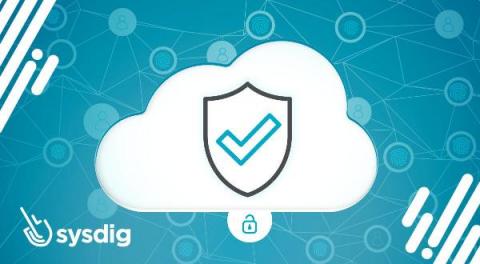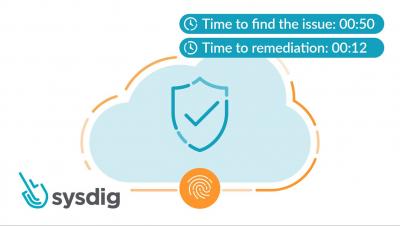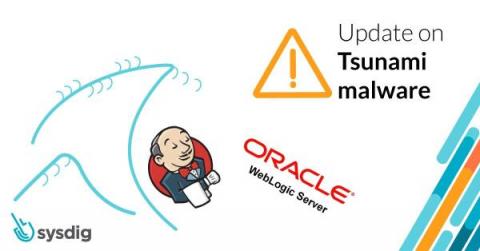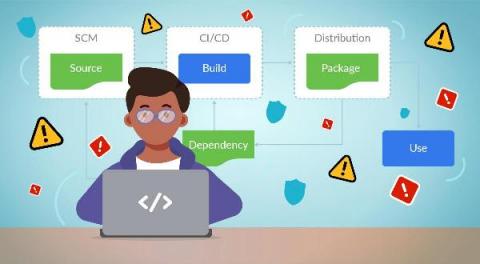Secure software supply chain: why every link matters
The new threats in software development are not only related to the specific company itself. The whole software supply chain is a target for attackers and it is really important to make sure that we put all our effort into securing each link because if one fails, everything will be affected. Supply chain activities include each step of the transformation of raw materials, components, and resources into a completed product, and its delivery to the end customer.











